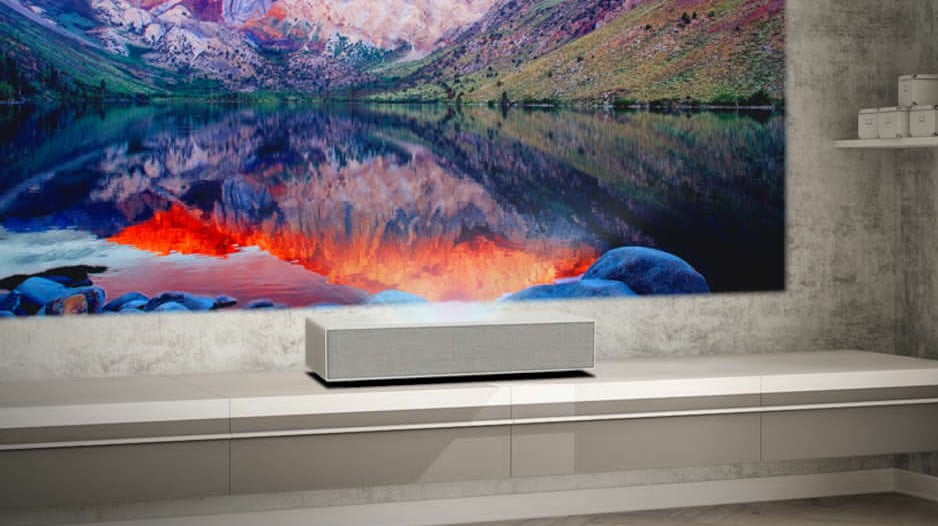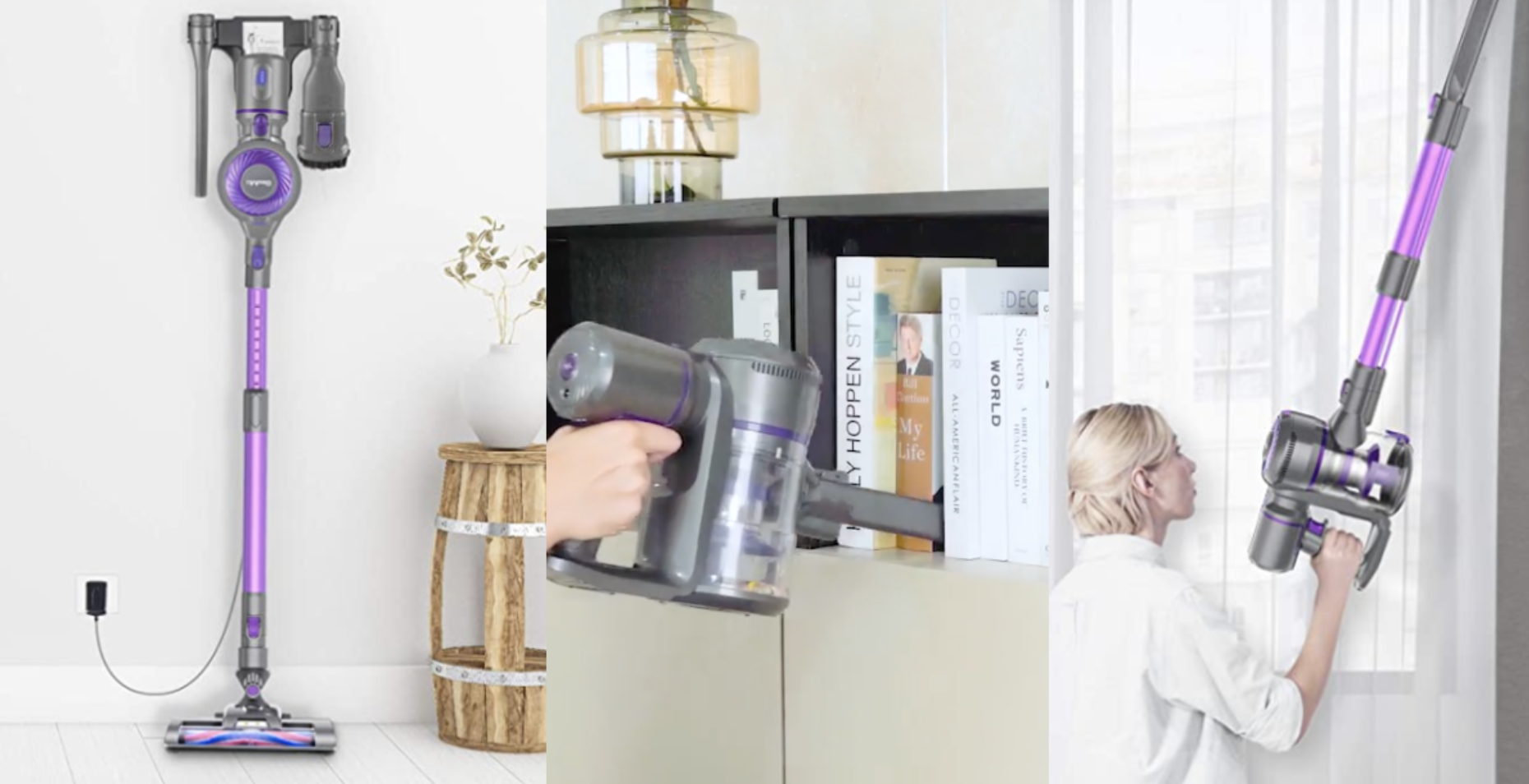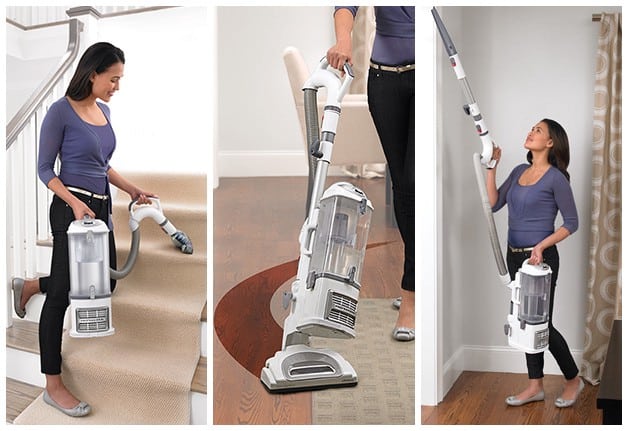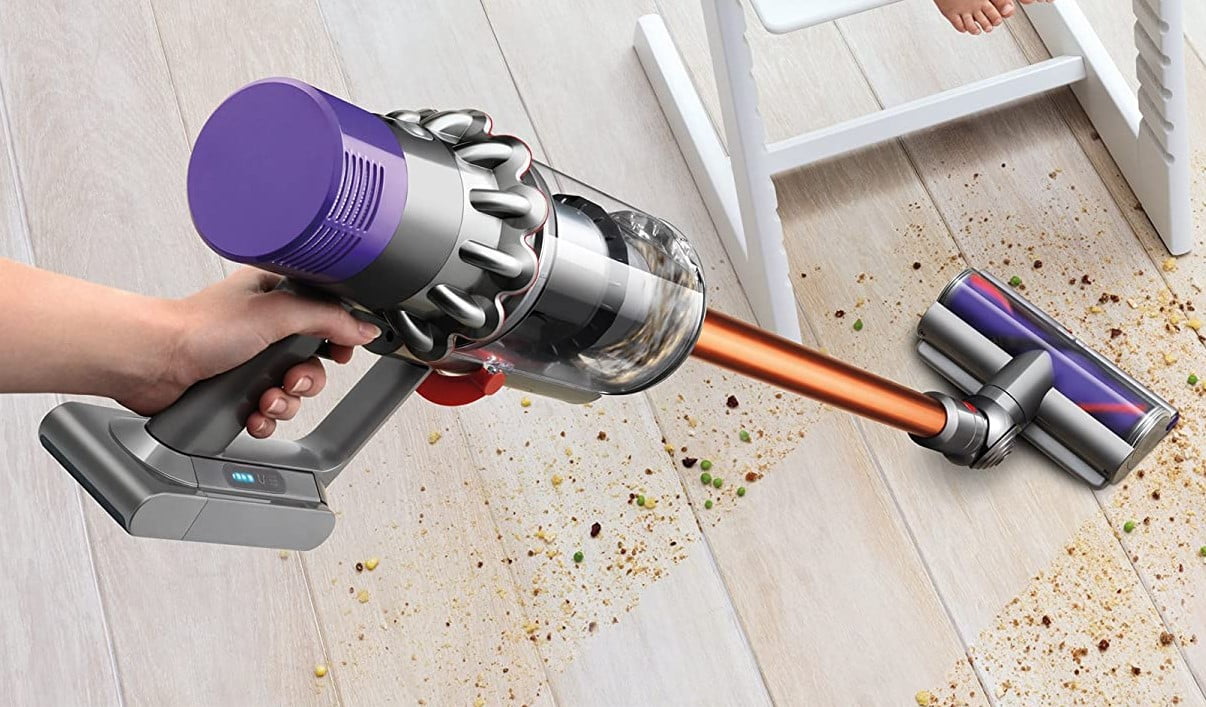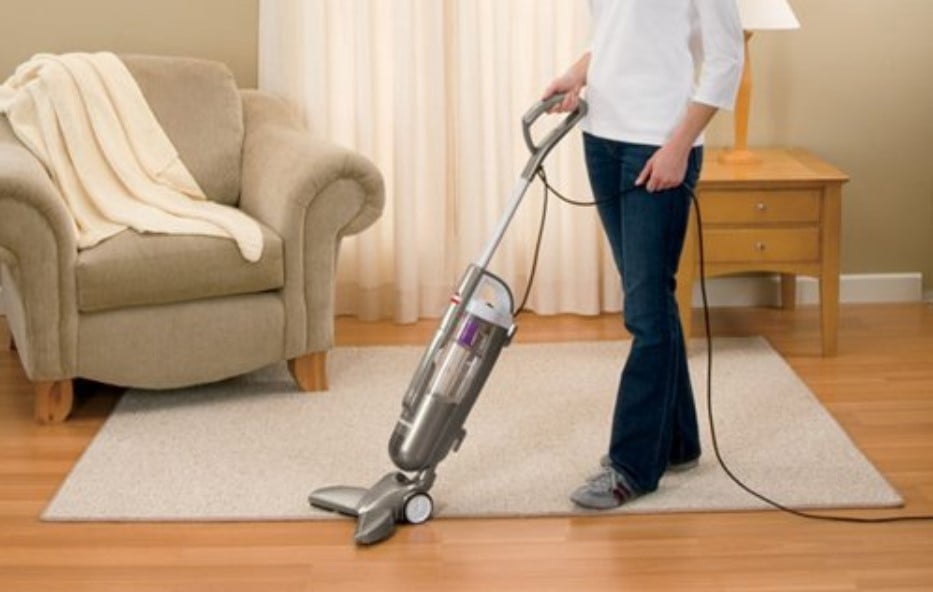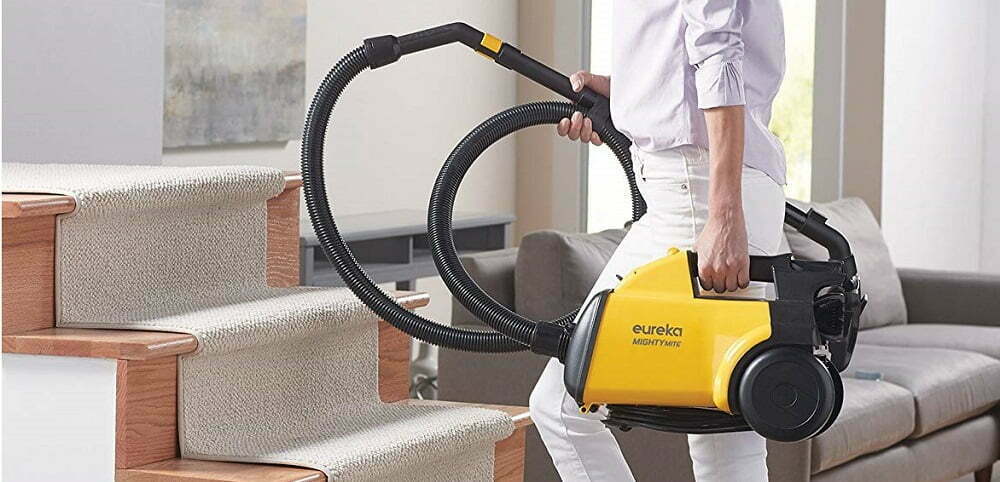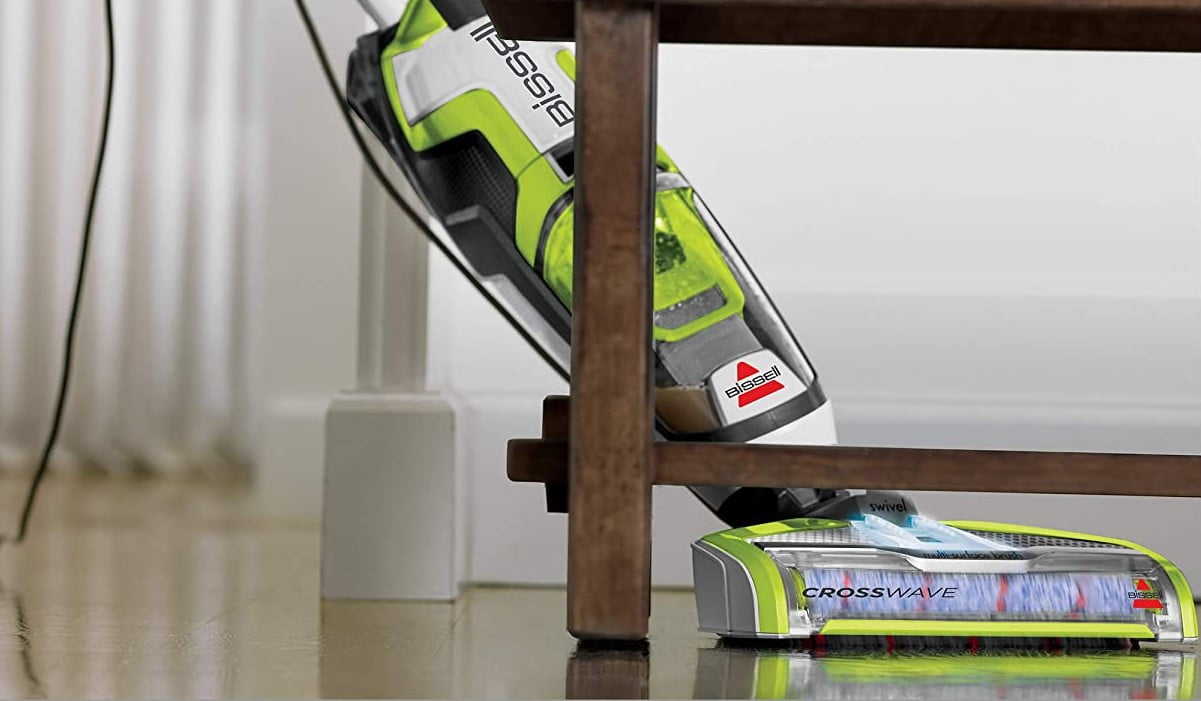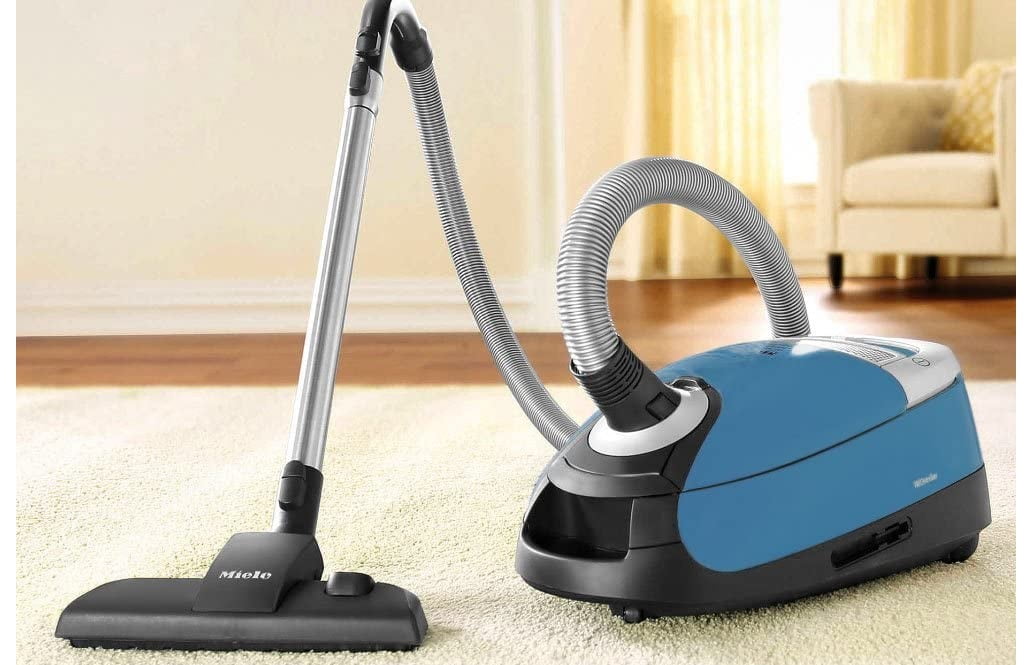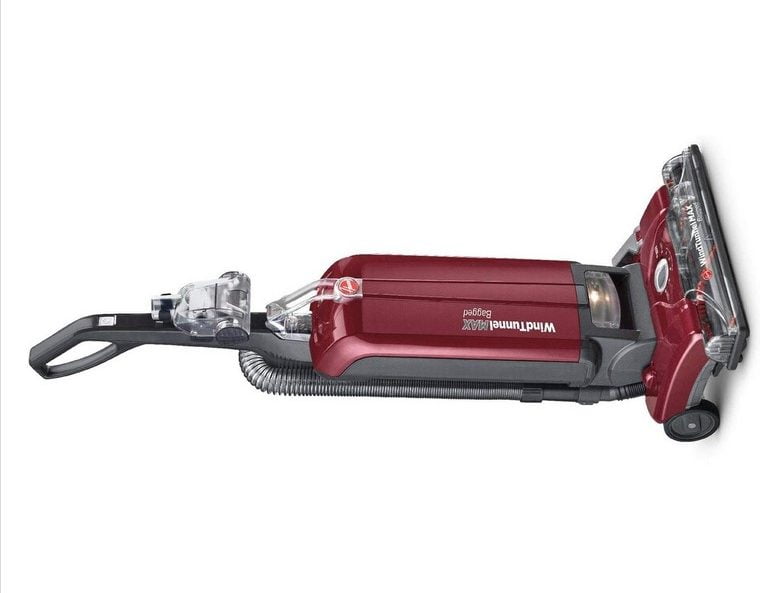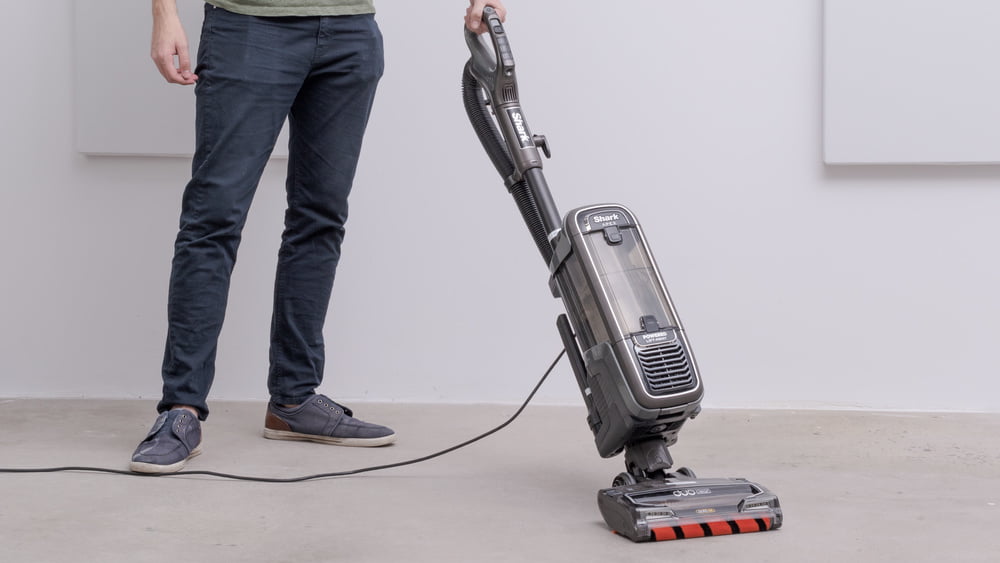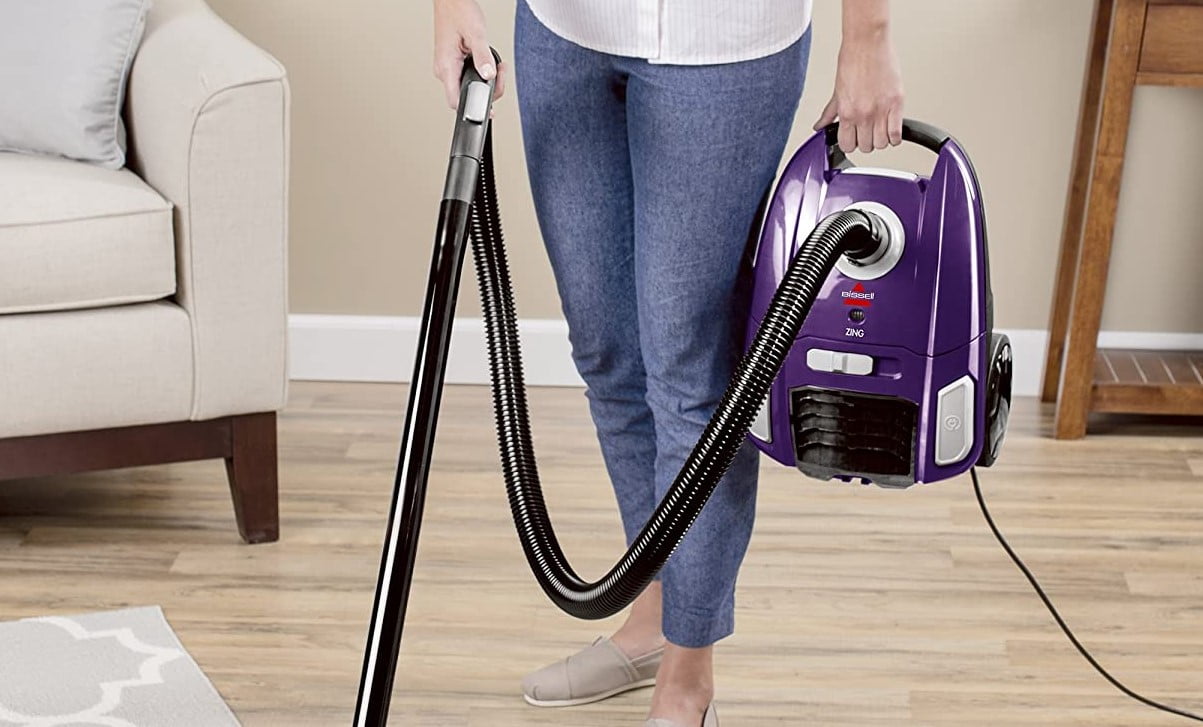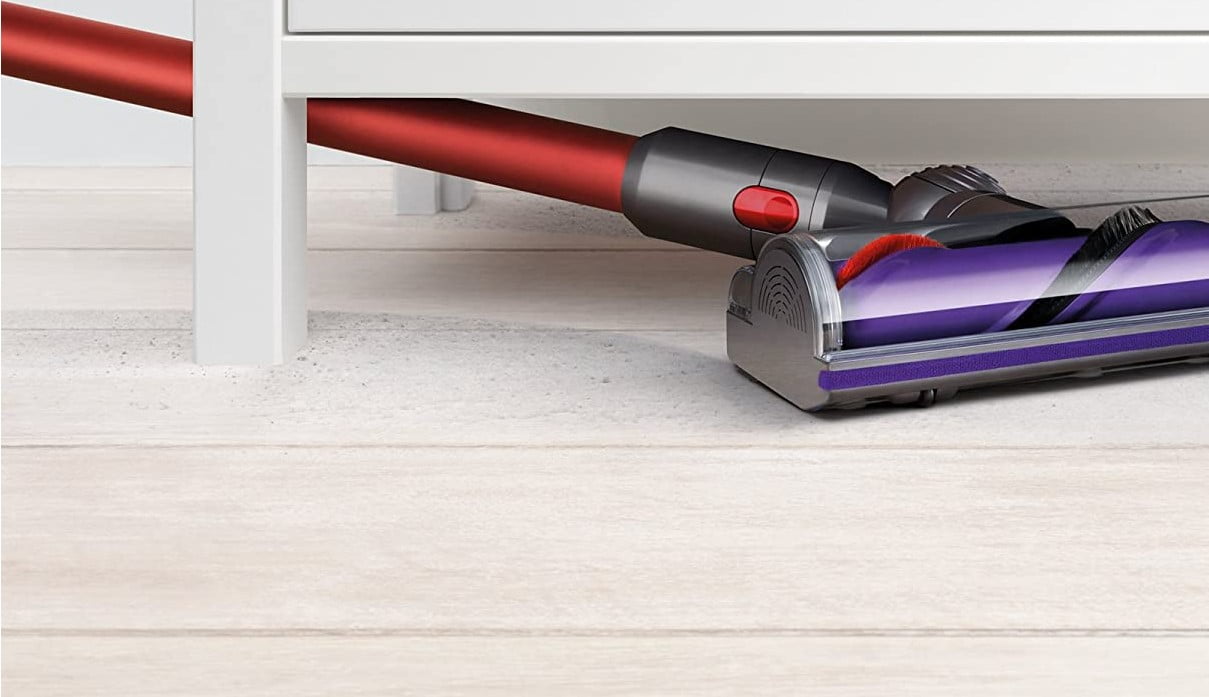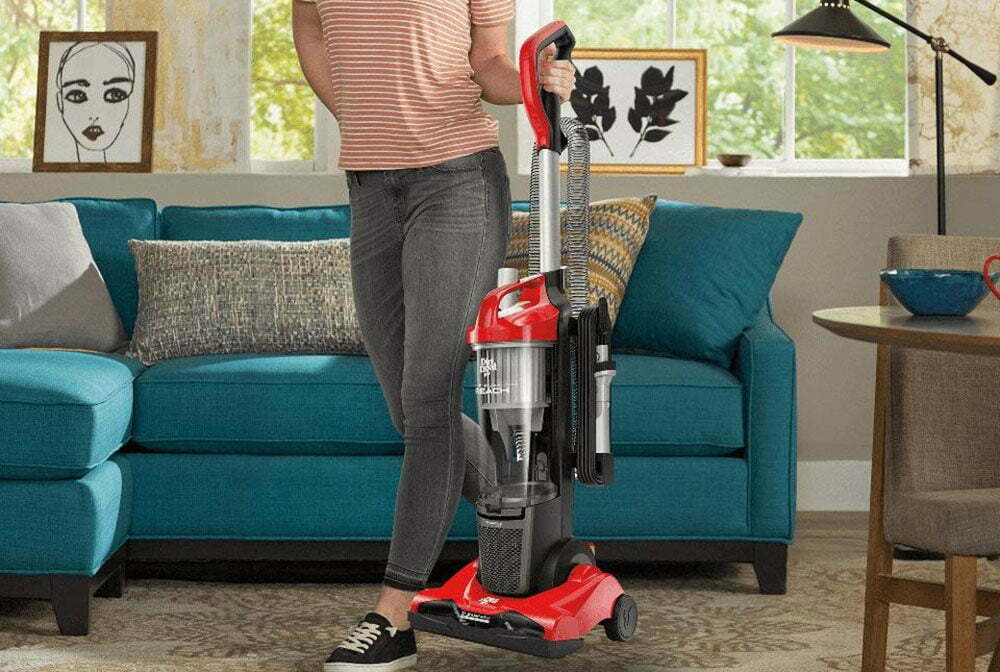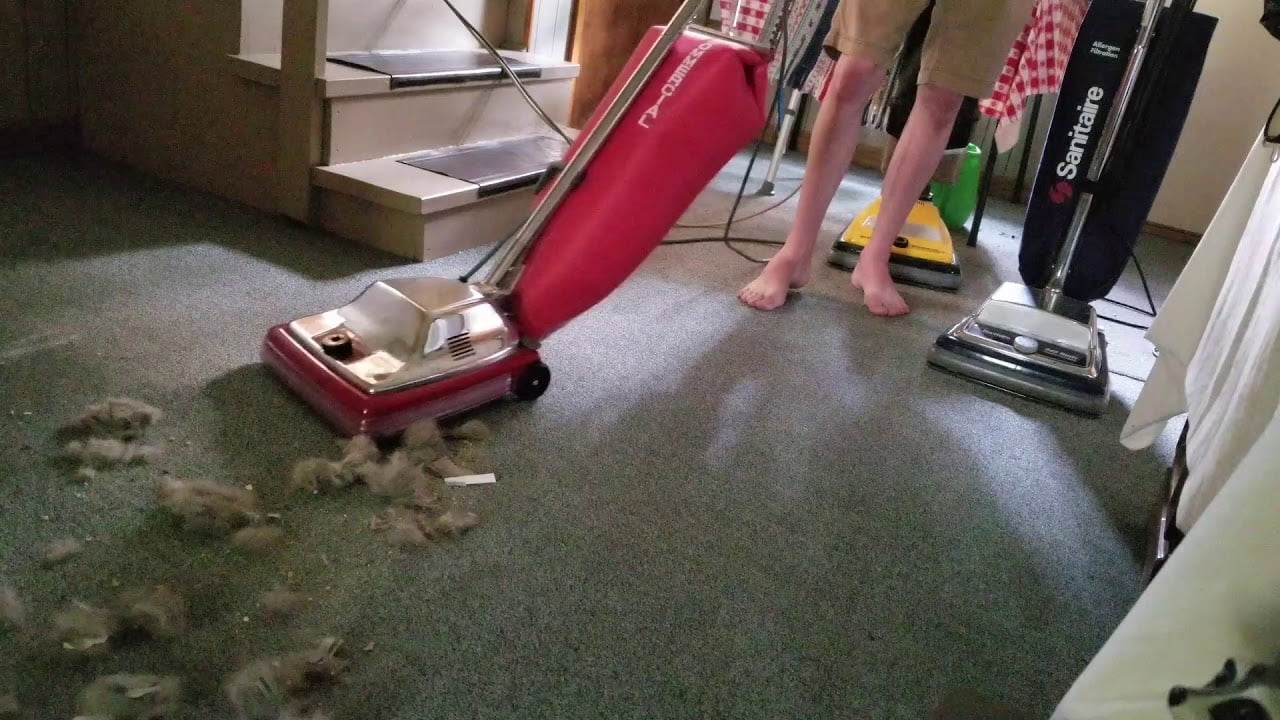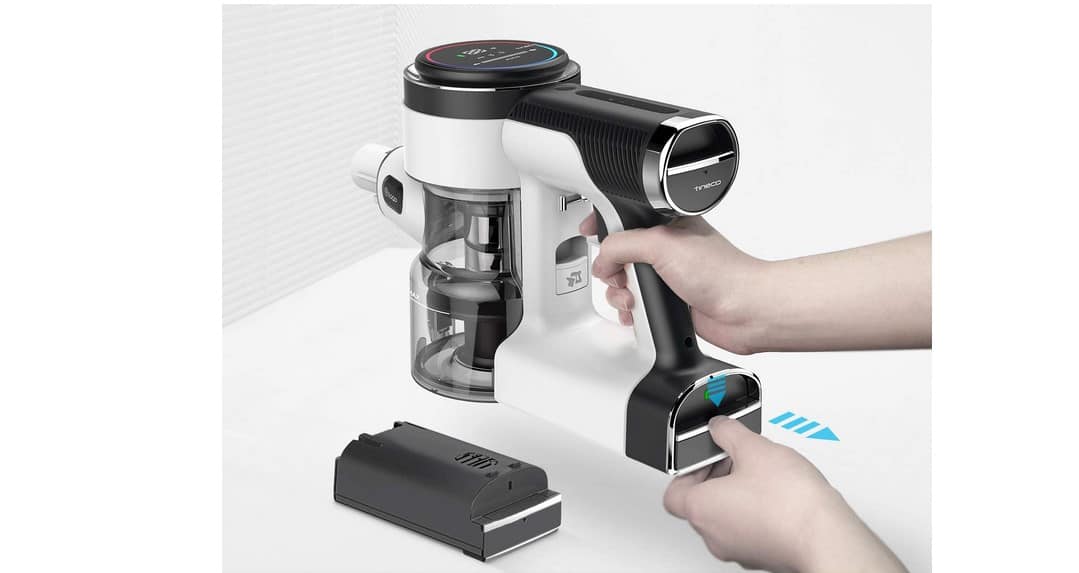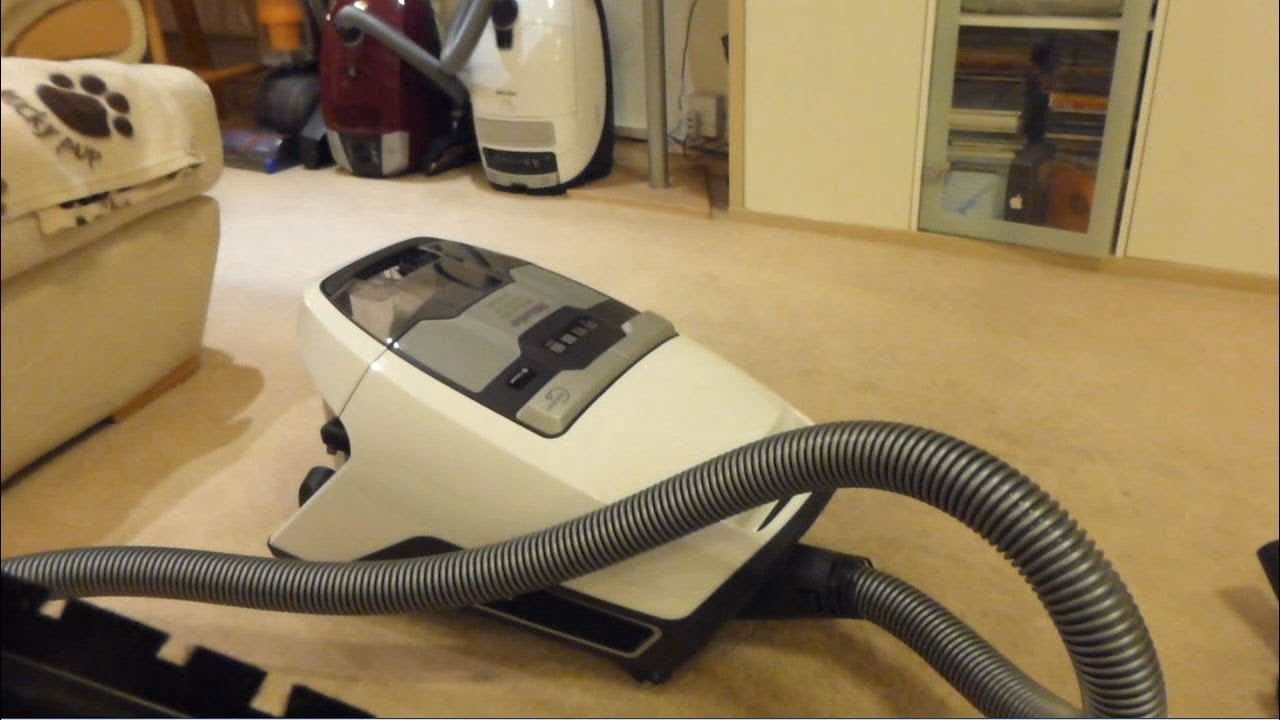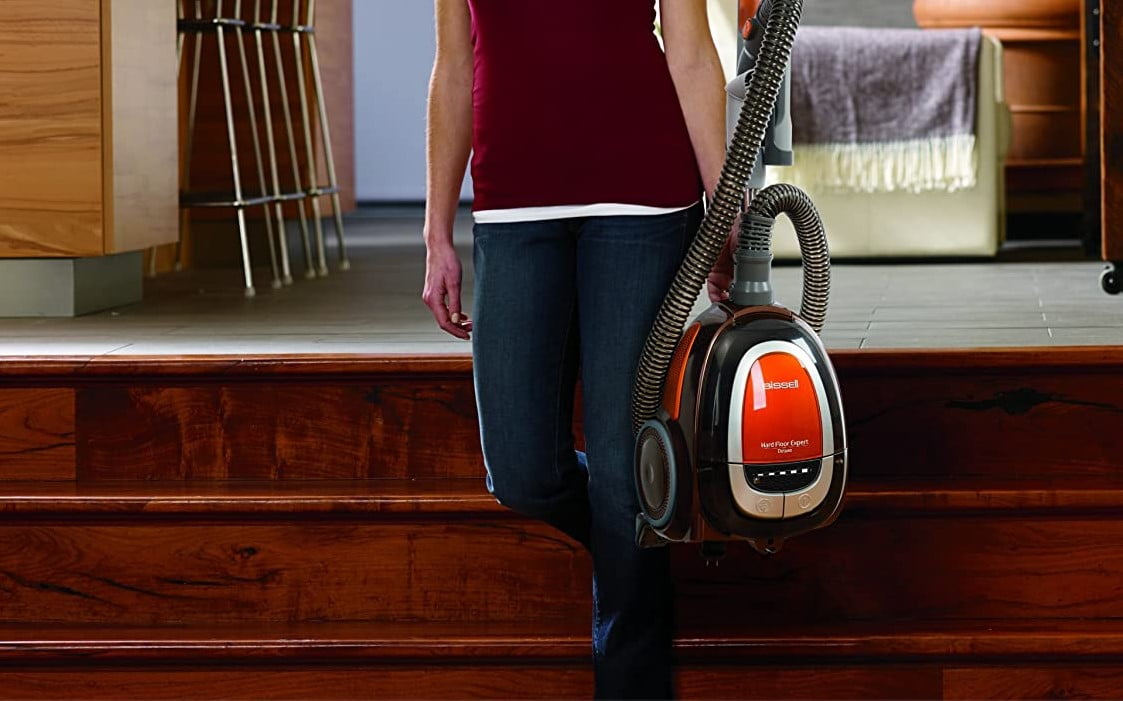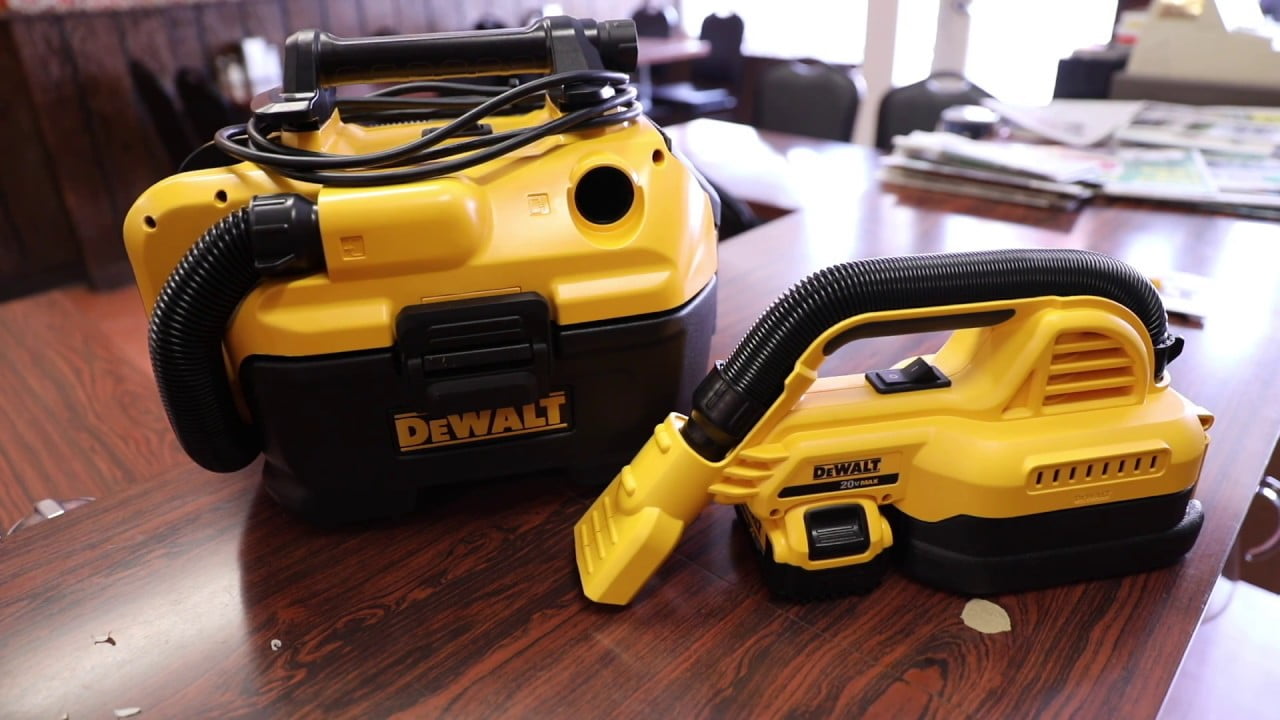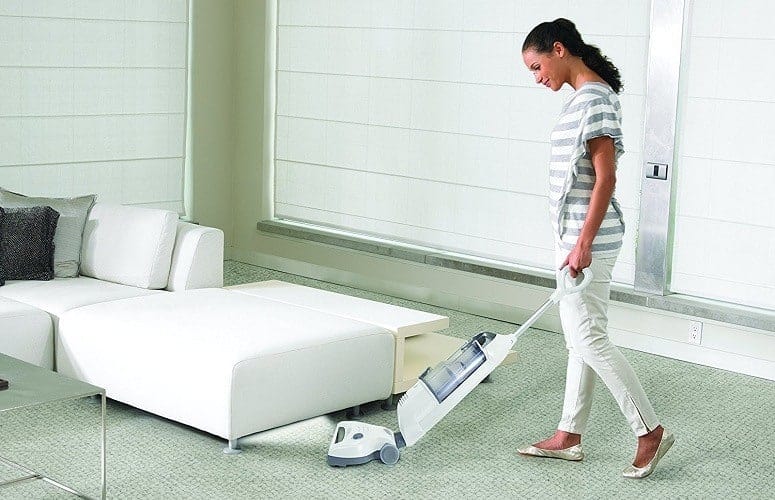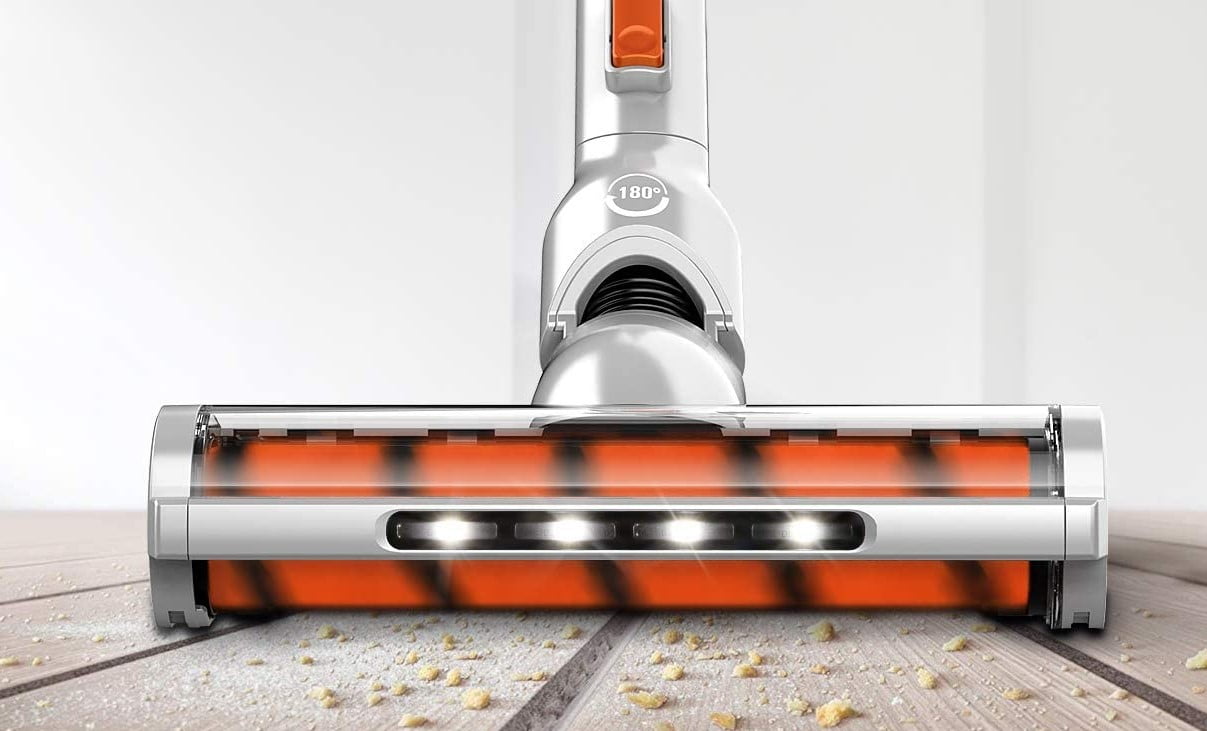Why are vacuums so loud, and is there anything you can do to protect yourself from noise-induced hearing loss? These are both questions you should be asking yourself when replacing your traditional vacuum with any of the modern vacuum cleaners available (whether it is one of the best vacuum cleaners or a cheaper model).
Moreover, you can purchase some of the finest vacuum cleaners that come with mutable sound features, so the vacuum isn’t as loud as normal. Nevertheless, all vacuums will have some level of sound due to their manner of design, and it’s worse if there’s a problem, like a vacuum belt that needs replacement.
KEY TAKEAWAYS:
- Noise-induced hearing loss is no joke, and you should always try to keep the level of noise while vacuuming to a minimum and use protection when you need to.
- Sometimes loud noise can signify that your vacuum has a mechanical problem somewhere and should be checked over thoroughly.
- Any type of vacuum cleaner can produce excessive noise if you aren’t keeping up with routine maintenance, so make sure to clean and check over your traditional vacuum regularly.
Why Are Vacuums So Loud?
So, why are vacuums so loud? There is a multitude of reasons why this could be the case. From mechanical malfunctions to dirty filters, you should always look over a vacuum that’s suddenly making any kind of loud noise, especially if you’re cleaning smaller areas like stairs. Harmful noise levels are no joke and can take a severe toll on your ears. If vacuum noise is a real problem for you, you can look into installing a central vacuum. Central vacuums can be worth it in certain circumstances.
Reasons for High Noise Levels
There are quite a few reasons why your vacuum might be noisier than usual. A vacuum will raw cleaning power might pack a serious punch with suction power, but that electric motor will be noisy while working overtime. Here are a few other reasons for excessive noise:
- Your vacuum motor is starting to fail
- The belt is slipping or warped
- The motor shaft has come out of place
- Your vacuum is old and needs to be replaced
Preventing Permanent Hearing Loss
You never want to chance to end up with a permanent hearing loss. Make sure that you are using hearing protection when necessary, and choose quieter vacuum cleaners next time you’re shopping. From time to time, you should try and measure the noise level your vacuum is putting off. There are devices you can buy that will do this for you at the push of a button. If you’re worried about noise-induced hearing loss, this is a great option. Unfortunately, hearing loss is not the only thing to worry about while using a vacuum. You should also try to reduce the risk of falling or other accidents. And you can do this by storing your vacuum cleaner properly after each use (especially if you live in a small or cramped space).
F.A.Q.S
How to reduce the noise problem of vacuum cleaners?
Making sure you don’t fall victim to noise-induced hearing loss means using hearing protection first and foremost. If your vacuum is just naturally loud and isn’t experiencing a malfunction, there isn’t much you can do. It’s recommended that you buy a new model that doesn’t create excessive noise.
What are the complications of noise-induced hearing loss?
The biggest problem is that noise-induced hearing loss usually translates to permanent hearing loss. This is why avoiding harmful noise levels is so important. Make sure you get your ears checked regularly and use hearing protection when you feel it’s necessary… and sometimes even when you might not think you need it.
What are the symptoms of noise-induced hearing loss?
There are a few symptoms to look out for:
- Noises sound “muffled” or “distant”
- Feeling like your ear is clogged
- Everything sounds like you’re underwater
Does a vacuum cleaner have to be loud and heavy to clean well?
Because of the modern vacuum cleaners available, the answer is no. It used to be that having raw cleaning power meant a loud motor and cumbersome, heavy vacuum cleaner. Nowadays, you can find highly powerful lightweight models.
STAT: On average this robotic cleaner picked up a greater amount of sand (36%) across low-pile carpet and rugs than the Roomba did. (source)

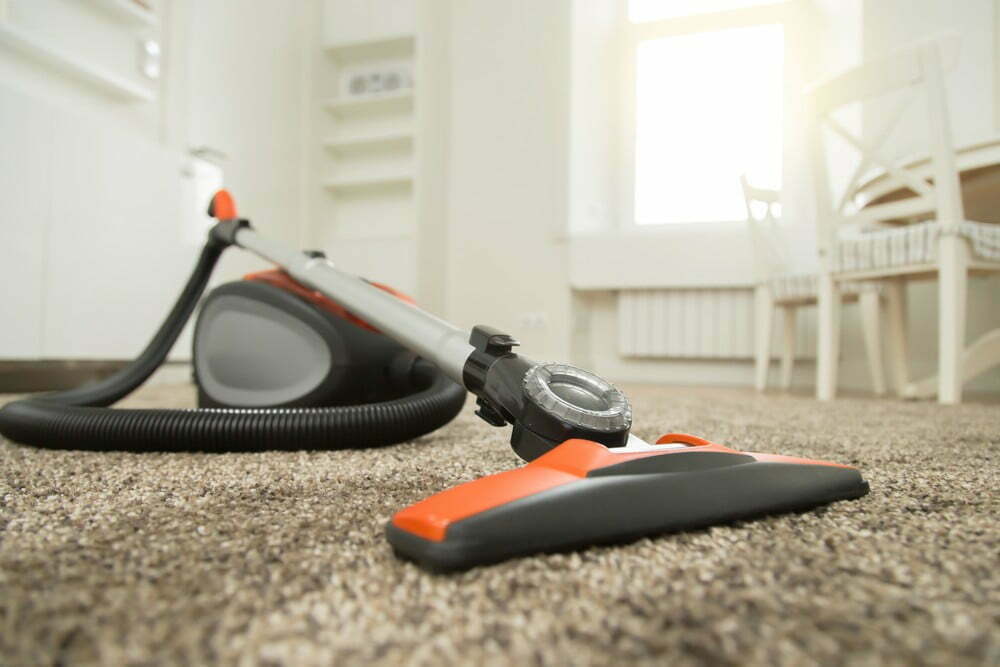













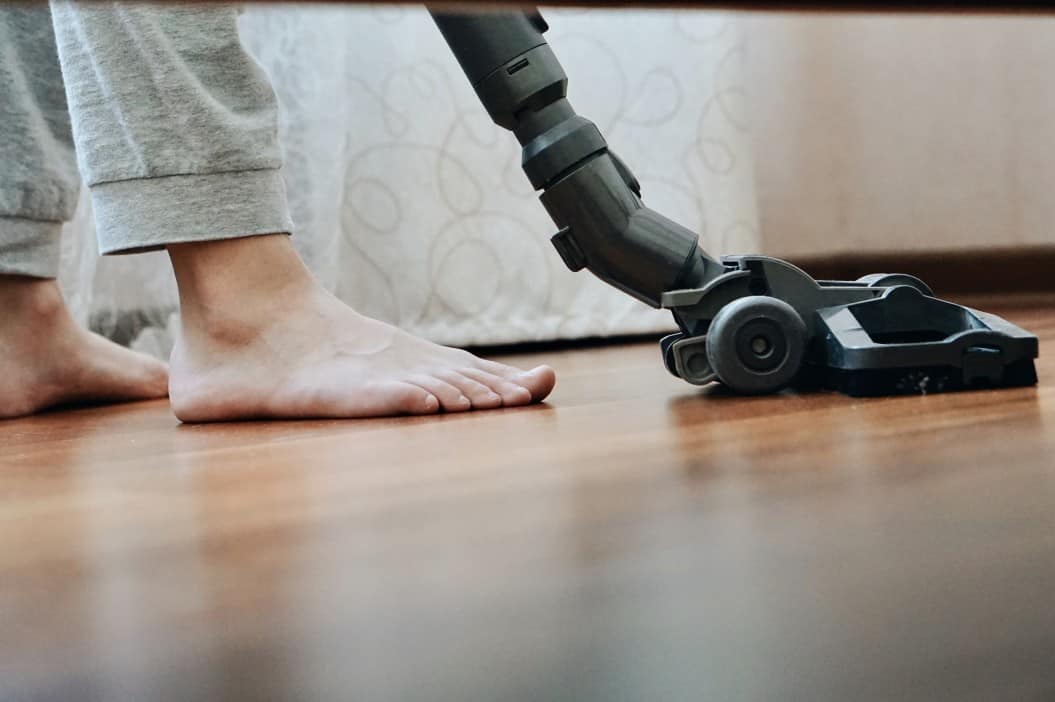
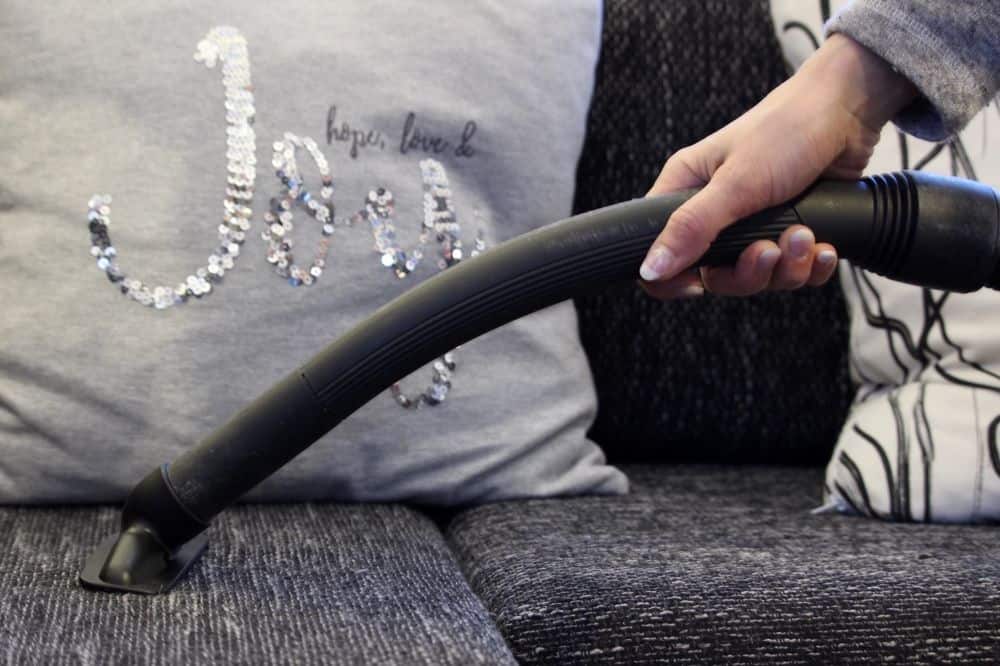
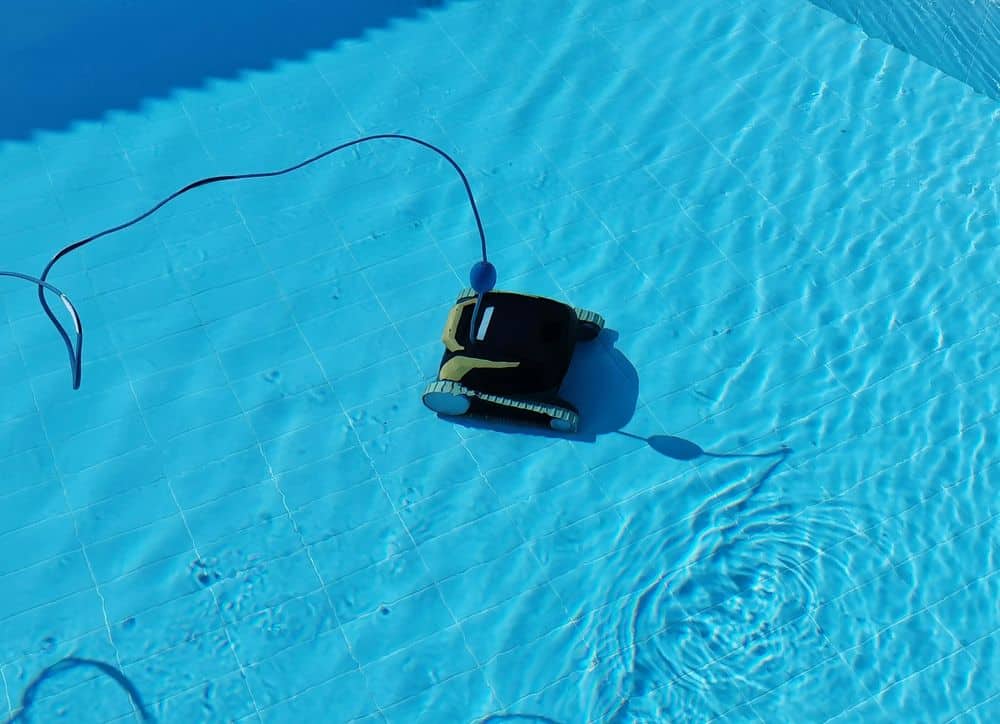
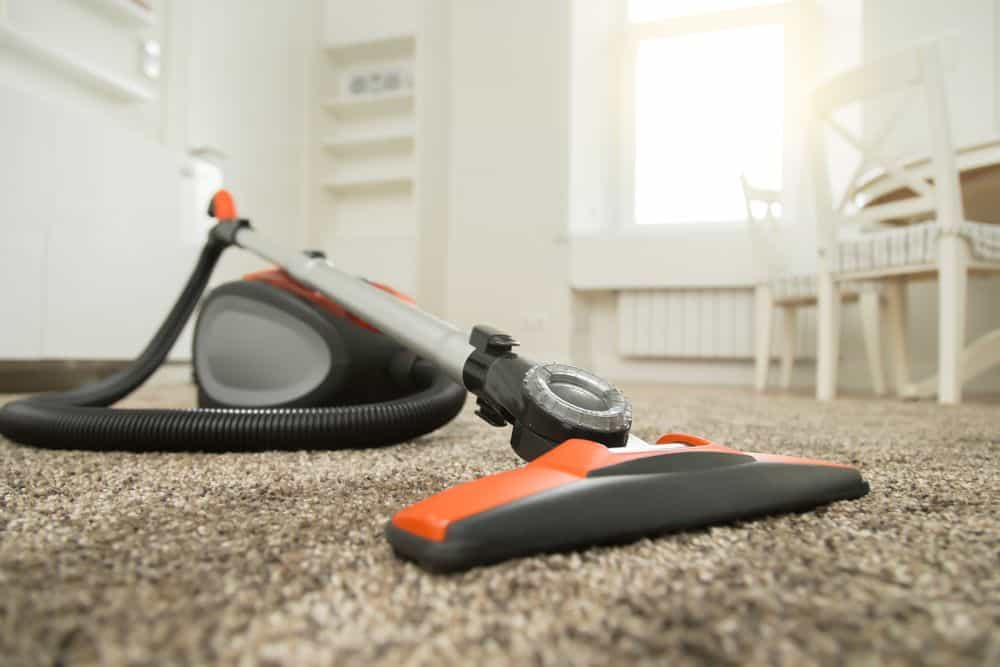
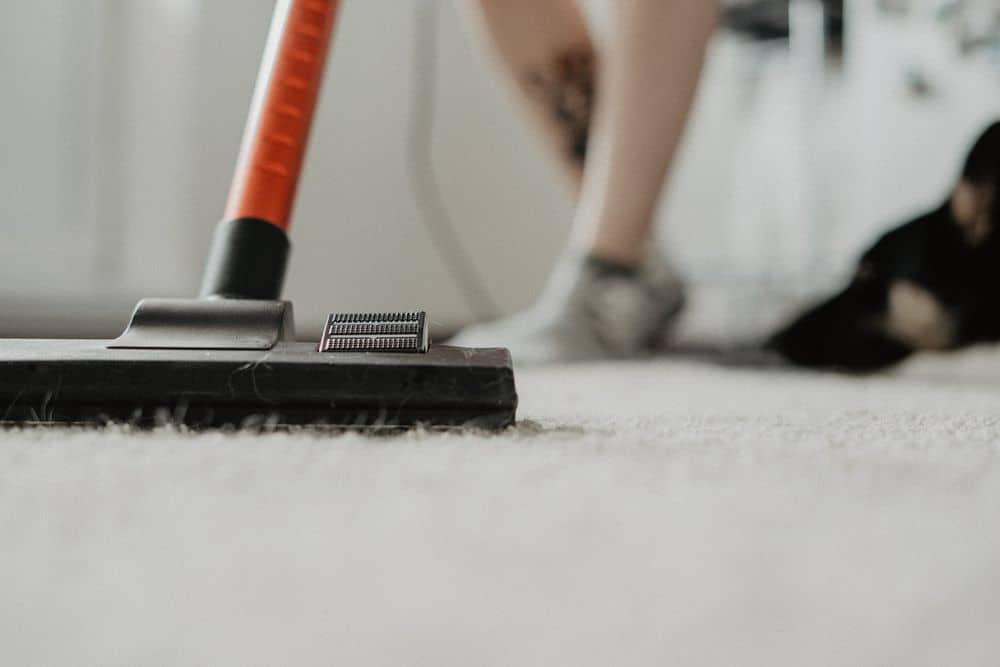
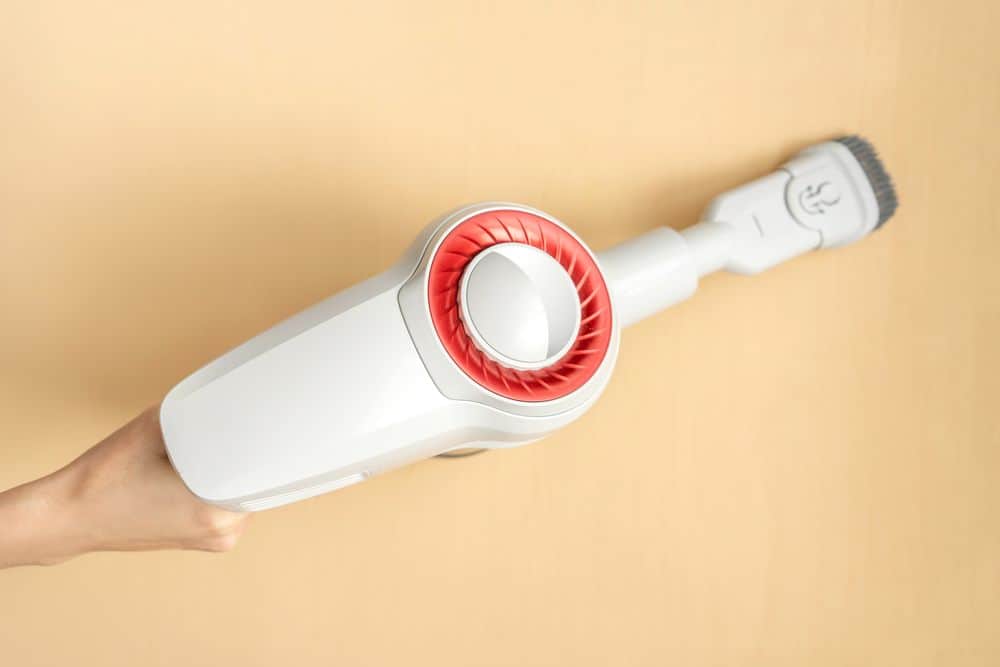
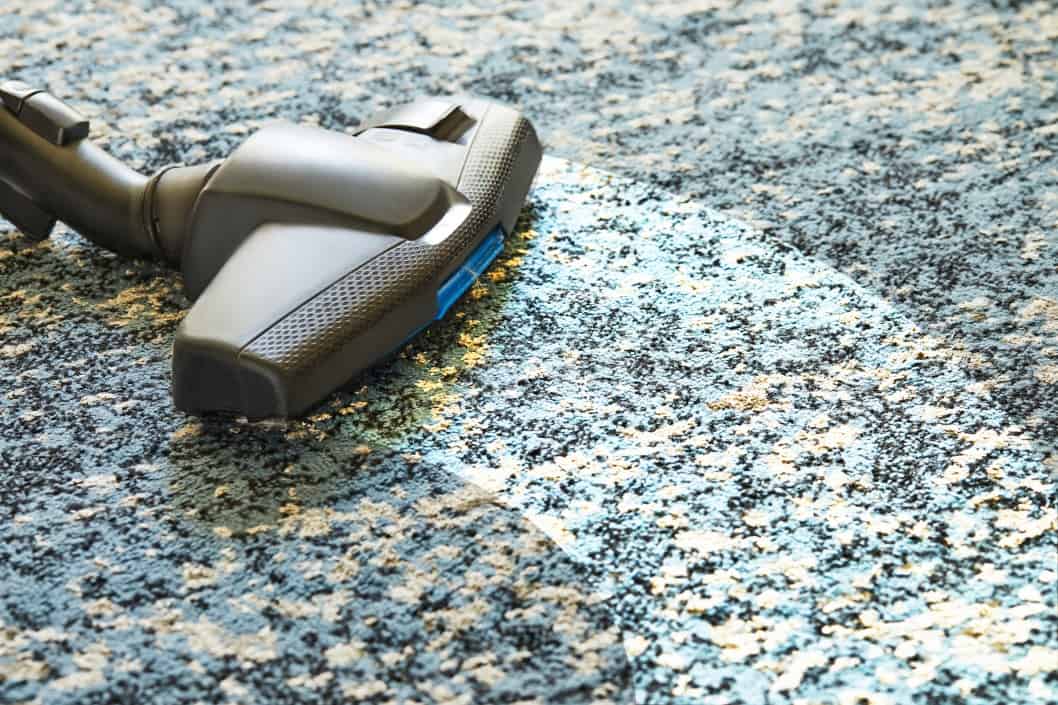
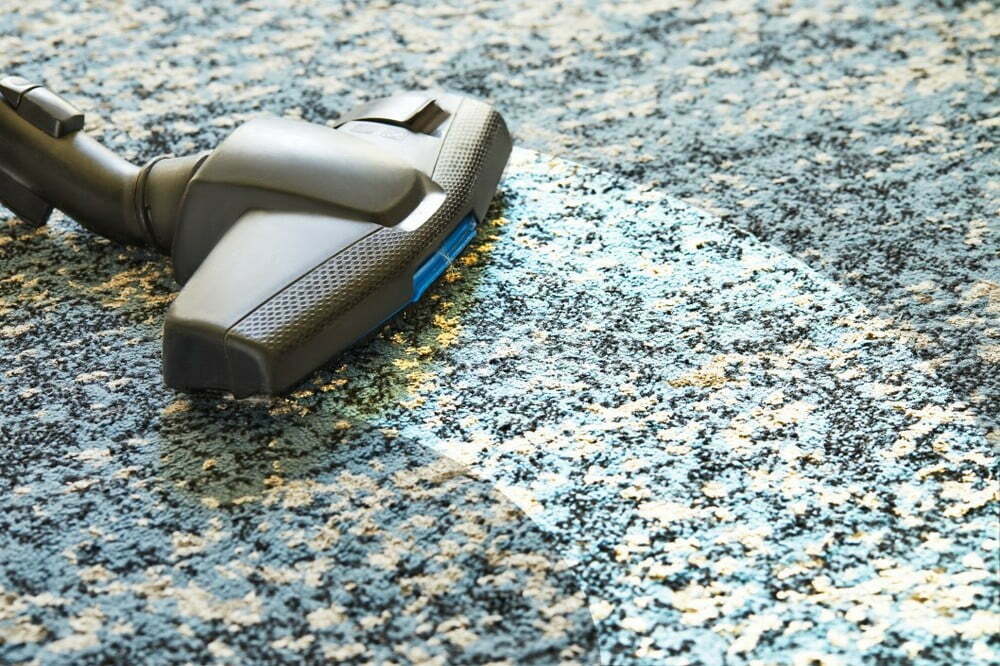
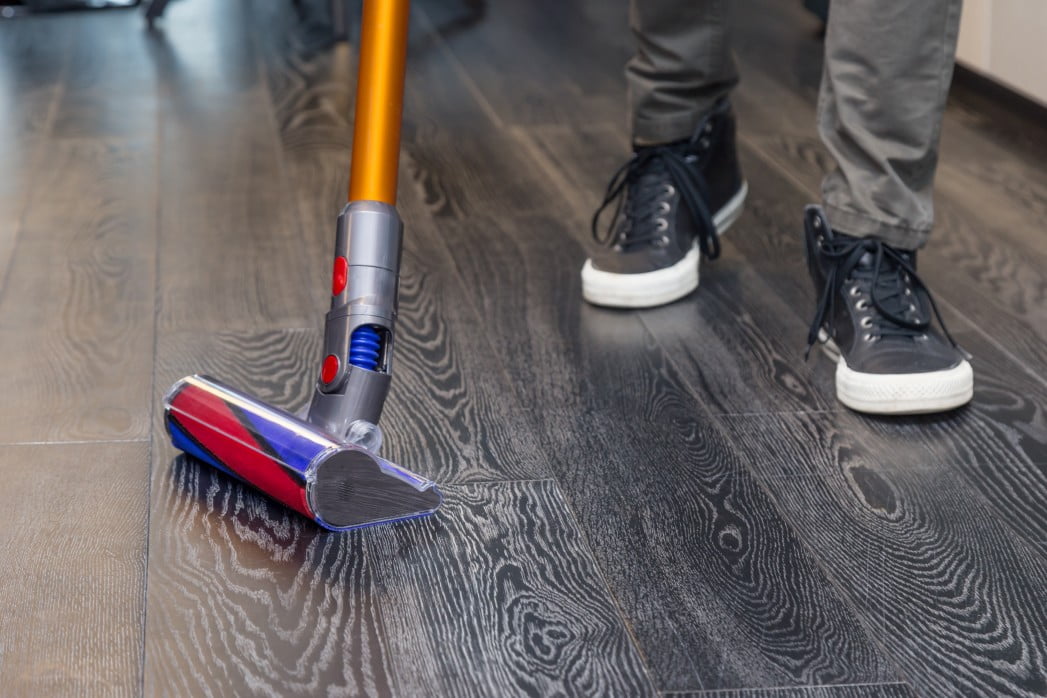
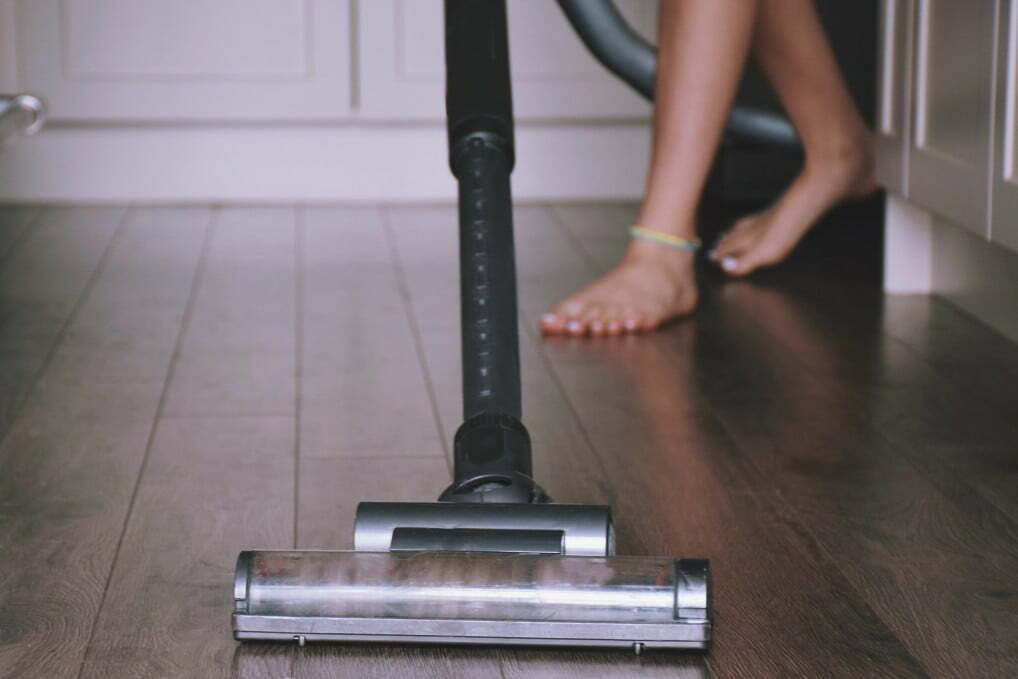
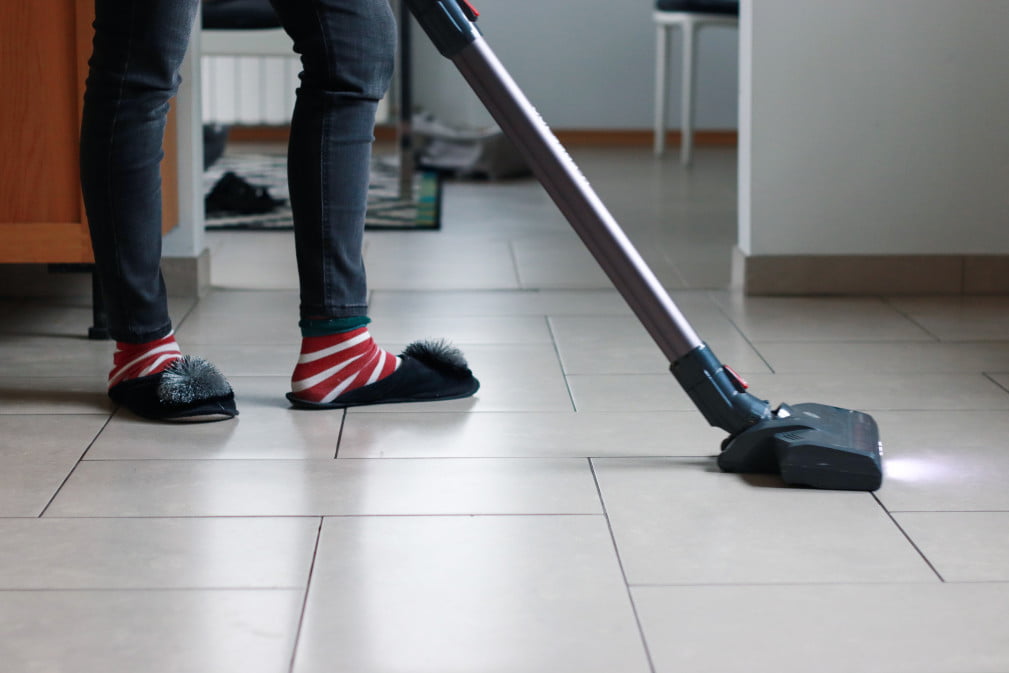
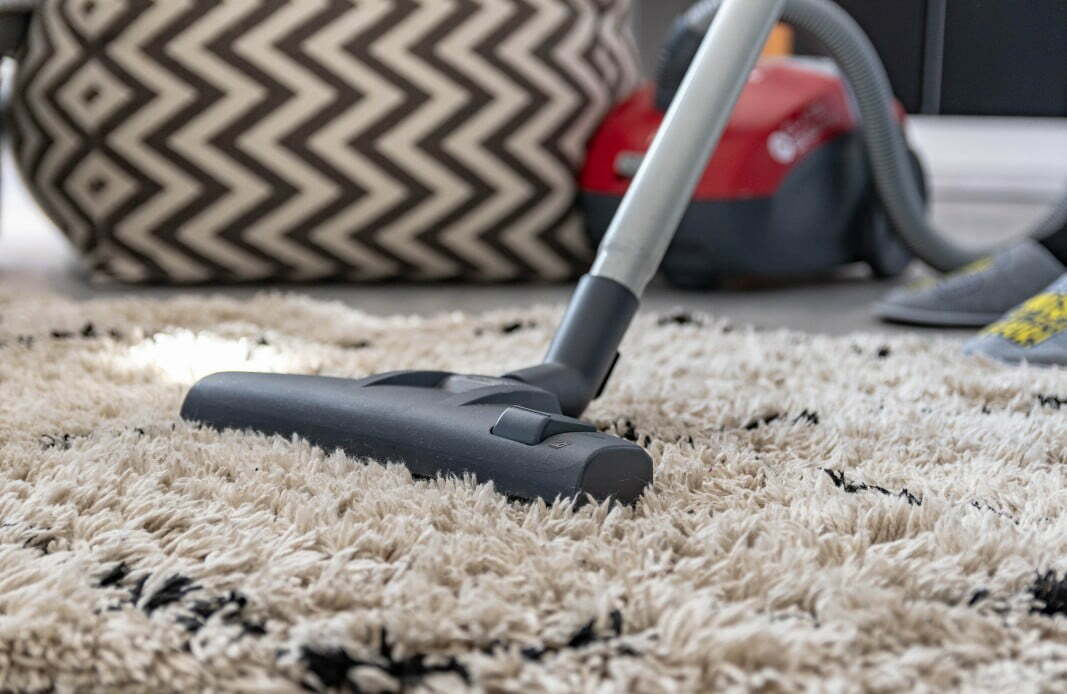
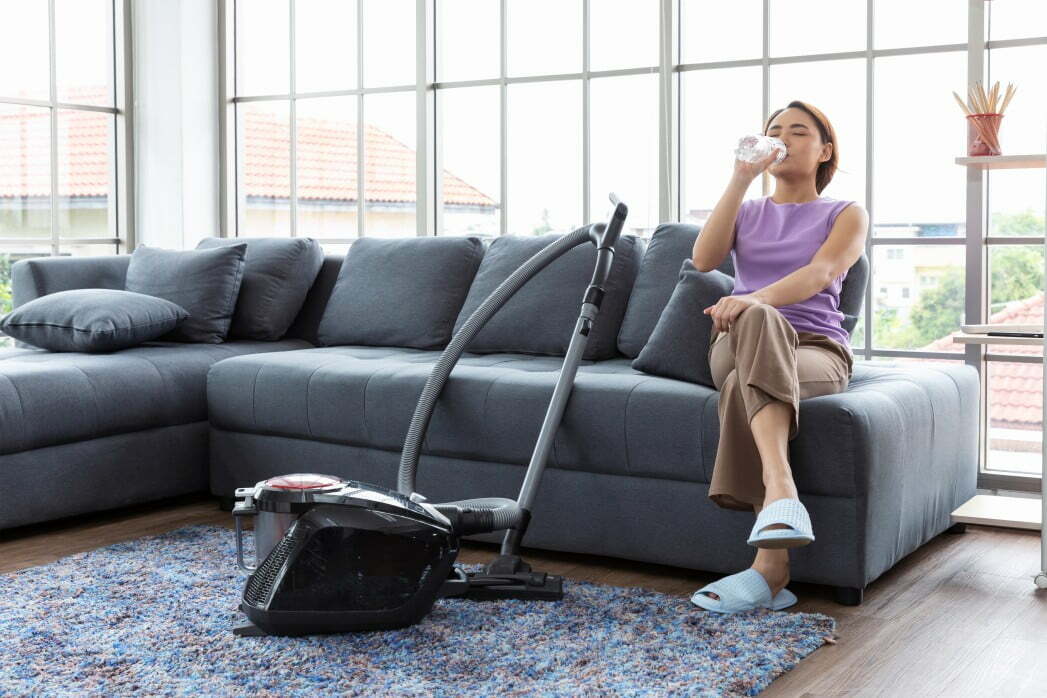
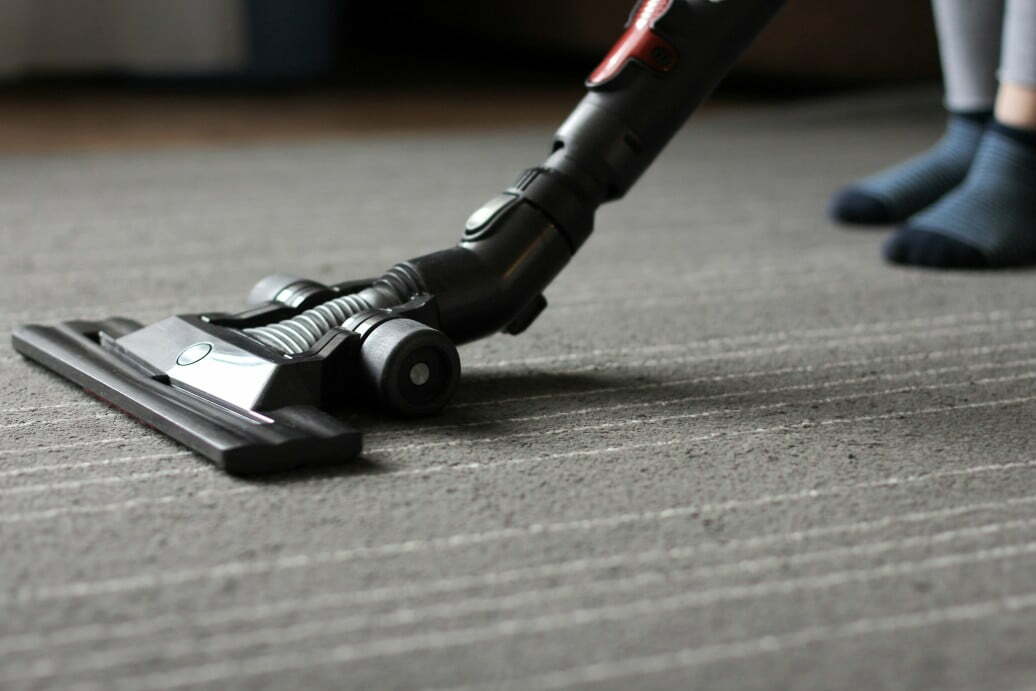
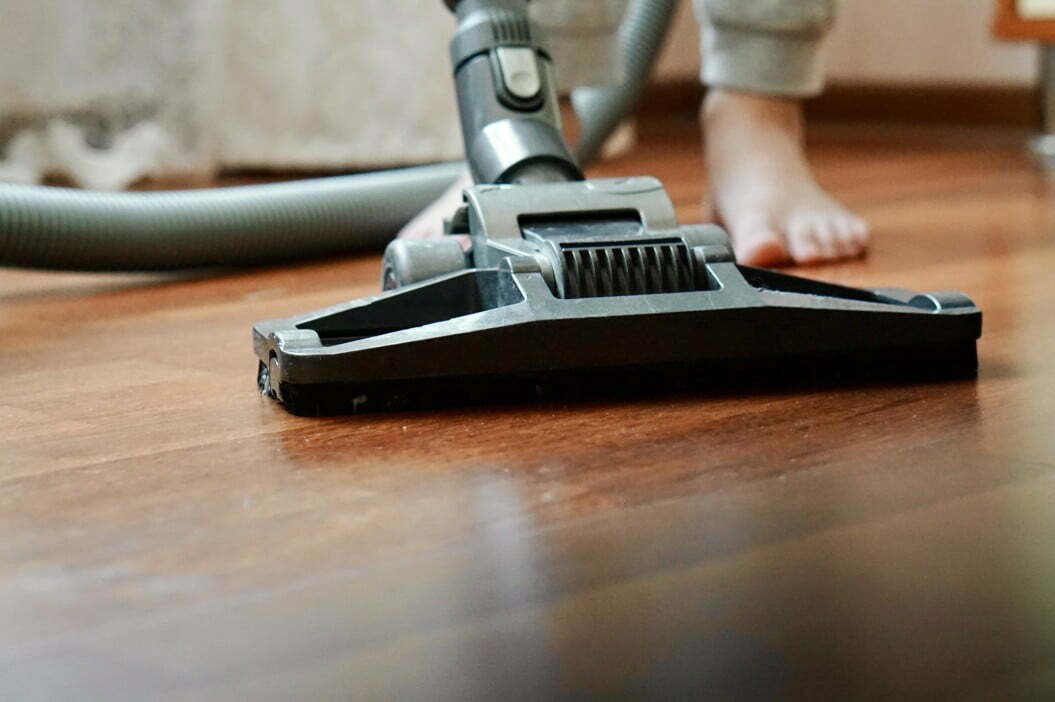
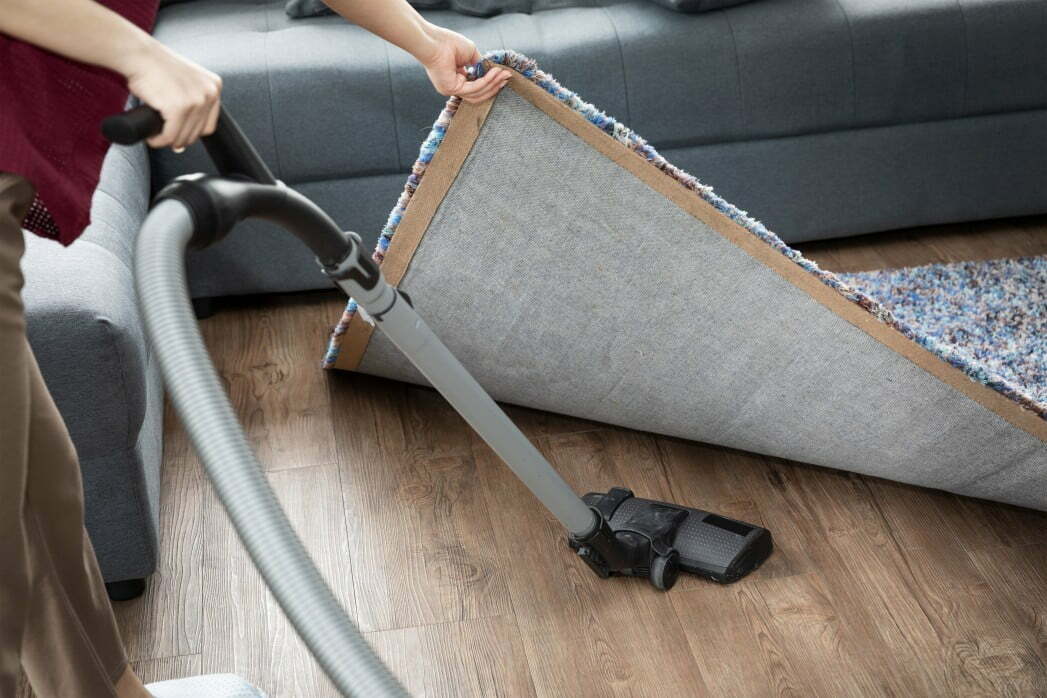
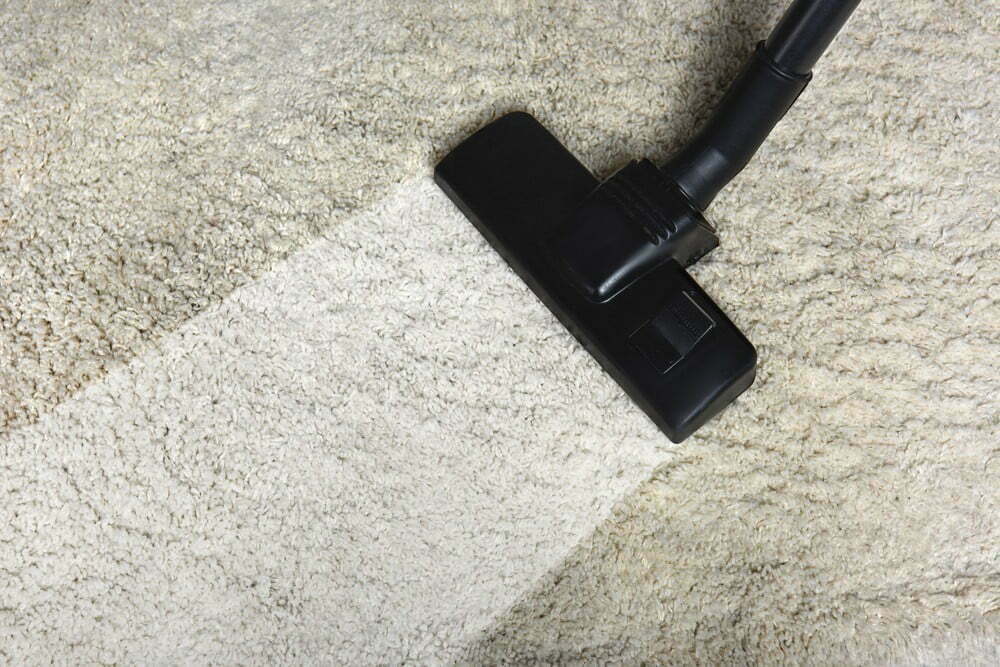
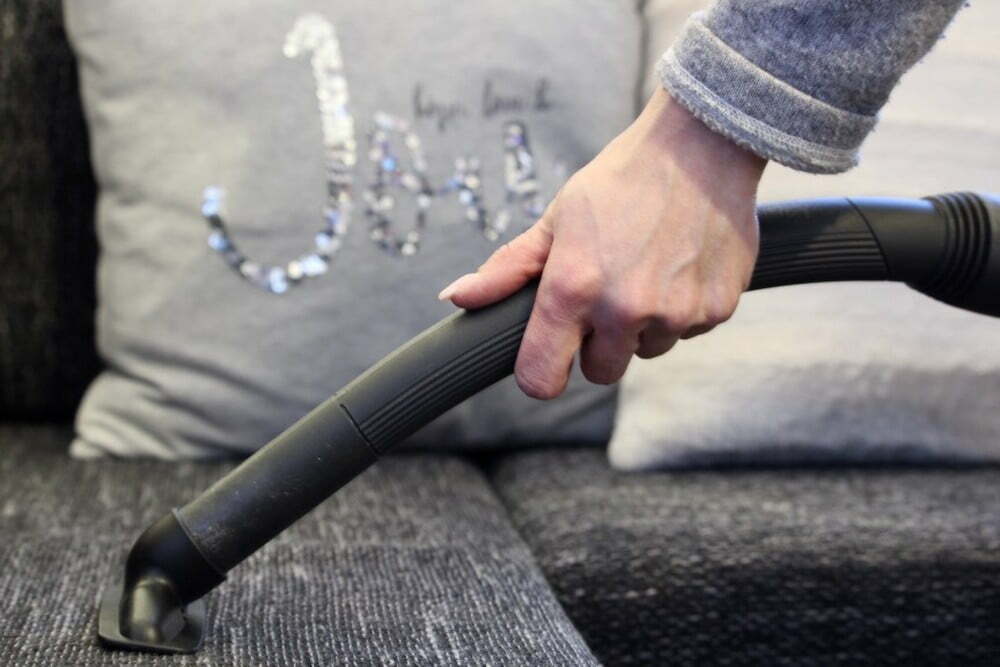
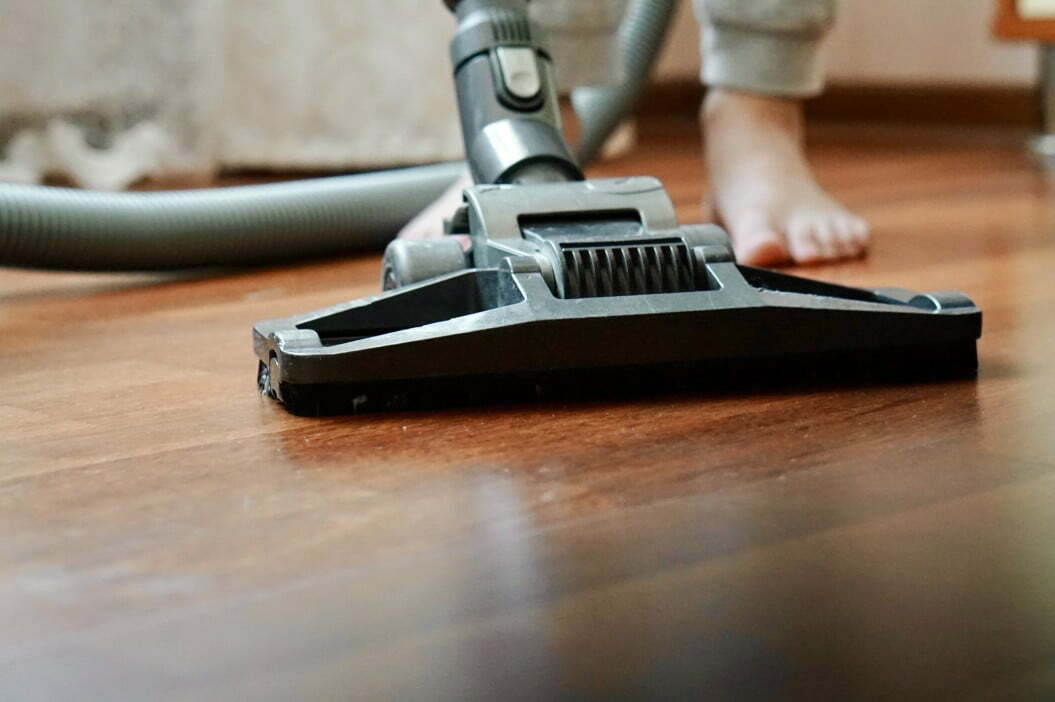
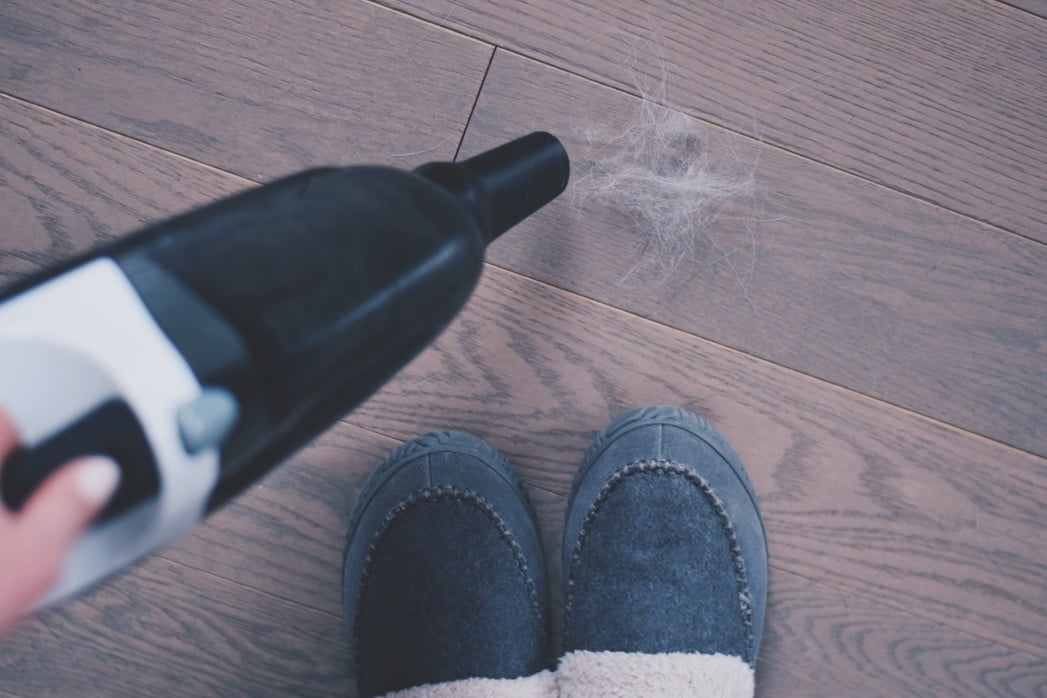
![Best Bissell Vacuum in [year] 27 Best Bissell Vacuum in 2025](https://www.gadgetreview.dev/wp-content/uploads/best-bissel-vacuum-image.jpg)
![Best Miele Vacuums in [year] 28 Best Miele Vacuums in 2025](https://www.gadgetreview.dev/wp-content/uploads/best-miele-vacuum-image.jpg)
![Best iRobot Vacuums in [year] 29 Best iRobot Vacuums in 2025](https://www.gadgetreview.dev/wp-content/uploads/best-irobot-vacuum-image.jpg)
![Best Vacuum with Retractable Cord in [year] 30 Best Vacuum with Retractable Cord in 2025](https://www.gadgetreview.dev/wp-content/uploads/best-vacuum-with-retractable-cord-image.jpg)
![Best Insurance for Home Appliances in [year] 31 Best Insurance for Home Appliances in 2025](https://www.gadgetreview.dev/wp-content/uploads/best-insurance-for-home-appliances.jpg)
![Best Insurance for Homeowners in [year] 32 Best Insurance for Homeowners in 2025](https://www.gadgetreview.dev/wp-content/uploads/best-insurance-for-homeowners.jpg)
![Best Self Propelled Vacuums in [year] 33 Best Self Propelled Vacuums in 2025](https://www.gadgetreview.dev/wp-content/uploads/best-self-propelled-vacuum-image.jpg)
![Best Commercial Leaf Vacuums in [year] 34 Best Commercial Leaf Vacuums in 2025](https://www.gadgetreview.dev/wp-content/uploads/best-commercial-leaf-vacuum-image.jpg)
![Best Vacuums for Cat Litter in [year] 35 Best Vacuums for Cat Litter in 2025](https://www.gadgetreview.dev/wp-content/uploads/best-vacuum-for-cat-litter-image.jpg)
![Best Robot Vacuums for Long Hair in [year] 36 Best Robot Vacuums for Long Hair in 2025](https://www.gadgetreview.dev/wp-content/uploads/best-robot-vacuum-for-long-hair-image.jpg)
![Best Dyson Vacuum in [year] ([month] Reviews) 37 Best Dyson Vacuum in 2025 (April Reviews)](https://www.gadgetreview.dev/wp-content/uploads/Dyson-DC65-e1479509572460.jpg)
![Best Vacuums for Fleas in [year] 38 Best Vacuums for Fleas in 2025](https://www.gadgetreview.dev/wp-content/uploads/best-vacuum-for-fleas-imagre.jpg)
![Best Robot Vacuum for Thick Carpet in [year] 39 Best Robot Vacuum for Thick Carpet in 2025](https://www.gadgetreview.dev/wp-content/uploads/roomba.jpg)
![Best RV Vacuums in [year] 40 Best RV Vacuums in 2025](https://www.gadgetreview.dev/wp-content/uploads/best-rv-vacuum-image.jpg)
![Best Vacuums for Apartment in [year] 41 Best Vacuums for Apartment in 2025](https://www.gadgetreview.dev/wp-content/uploads/best-vacuum-for-apartment-image.jpg)
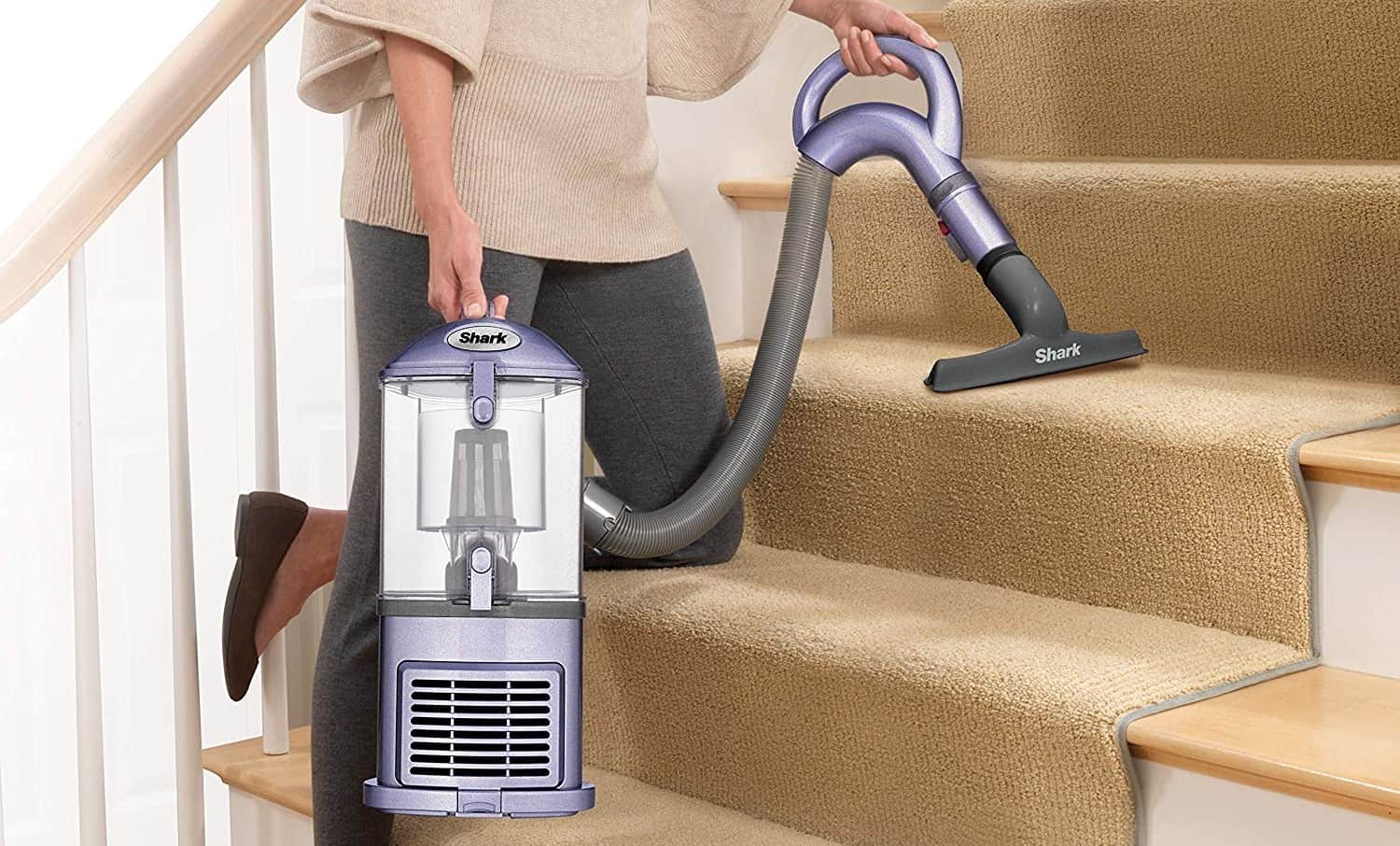
![Best Dorm Vacuums in [year] 43 Best Dorm Vacuums in 2025](https://www.gadgetreview.dev/wp-content/uploads/best-dorm-vacuum-image.jpg)
![Best HEPA Vacuums in [year] 44 Best HEPA Vacuums in 2025](https://www.gadgetreview.dev/wp-content/uploads/best-hepa-vacuum-image.jpg)
![Best Water Filtration Vacuums in [year] 45 Best Water Filtration Vacuums in 2025](https://www.gadgetreview.dev/wp-content/uploads/best-water-filtration-vacuum-image.jpg)
![Best Vacuums for Dust Mites in [year] 46 Best Vacuums for Dust Mites in 2025](https://www.gadgetreview.dev/wp-content/uploads/best-vacuum-for-dust-mites-image.jpg)
